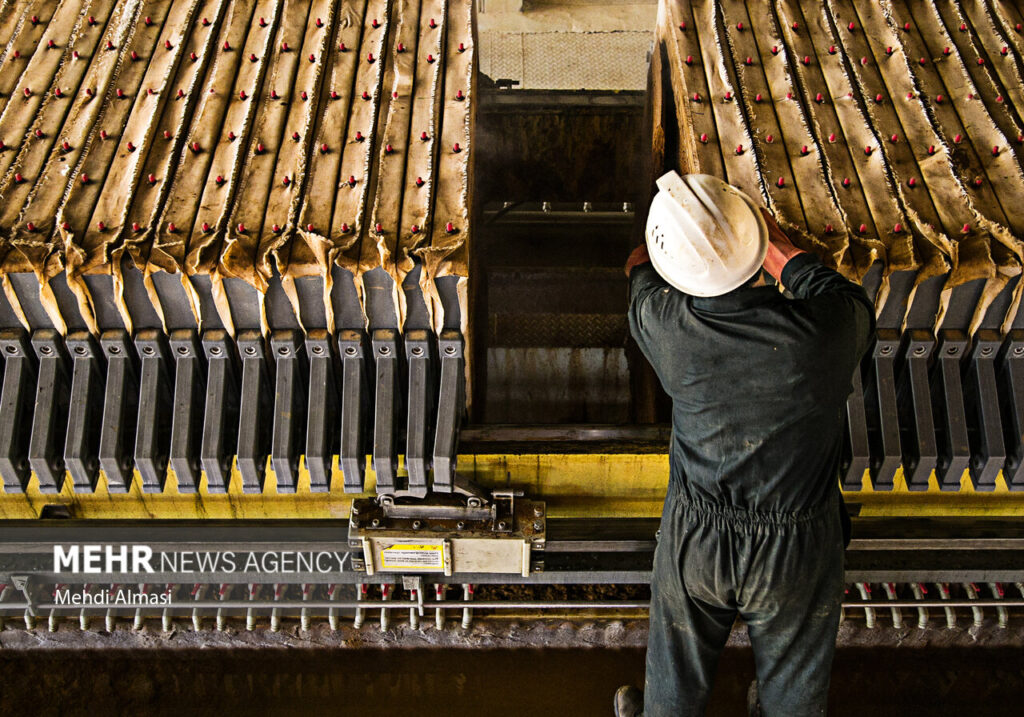International Workers’ Day is a global celebration of the workforce that is observed annually on May 1st. In many countries it is an official holiday dedicated to the right of labor.
Rooted in ancient Spring festivals, this day evolved into a symbol of unity and collective action, especially during the labor movements of the late 19th century.
The driving force comes from the 1886 U.S. working hours and subsequent Haymarket incident.
Today, International Workers’ Day is characterized by marches and demonstrations advocating for improved working conditions, fair wages and social justice.
It serves as a reminder of the power of collective action and the ongoing battle for workers’ rights amid modern challenges such as employment insecurity and income inequality.
Opportunities in Iran offer opportunities for cultural expression to celebrate workers’ contributions to Iranian heritage.
Just as Iran is tackling its economic challenges, the day emphasizes the importance of investing in the workforce to build a more equitable and prosperous society.
This is a call to action, recognizing the ongoing need to advocate for workers’ rights and acknowledging their invaluable contributions.
Additionally, this day in Iran is an opportunity to look back at the achievements and challenges facing the Iranian workforce.
It provides a platform for discussing issues such as unemployment, job safety, and the need for stronger labor laws.
Government officials will use the day to directly use it to provide an overview of plans and policies aimed at improving their lives.
Beyond assembly and official declarations, this opportunity provides opportunities for cultural expression. Traditional music and poetry are often displayed, celebrating the rich heritage of Iranian people and the important role workers play in maintaining it.

These cultural exhibits serve as reminders that work is not just about economic productivity. It also contributes to the cultural structure of society.
International Workers’ Day is not just a holiday. It is a call to action, reminding us that the struggle for workers’ rights is an ongoing process and requires constant vigilance and unwavering commitment.
It is a day to appreciate the valuable contributions of the workforce and reaffirm our collective commitment to building a better future for all workers.
The spirit of opportunity in Iran transcends the capital and resonates with factories, farms and workshops across the country.
It is the day when ordinary Iranians connect, share their experiences and collectively express their aspirations for a brighter future.
The grassroots nature of these gatherings reinforces the idea that the labour movement is not merely a top-down initiative, but a vibrant expression of the will of the people.

Ayatollah Seyed Ali Khamenei, the leader of the Islamic Revolution, believes that the highest praise for the workers is that the Prophet Muhammad (pbuh) kisses the workers’ merciless hands and demonstrates their immeasurable value in Islam.
Although Workers’ Day is universally recognized, the views of Islamic workers differ from materialistic perspectives, he adds.
Ayatollah Khamenei says that materialism cherishes workers as mere tools for the creation of machine-like wealth. However, Islam essentially values workers because of the inherent value of the work itself.
It is important to acknowledge the roles of both workers and entrepreneurs, who are key partners on the economic frontlines, he says.
We are now engaged in economic wars imposed on us by the United States and its allies, mainly fighting Islamic Iran, as in the military wars of the 1980s. Leaders point out that workers and entrepreneurs are key players on the frontline in this economic war.
Reported by Tohid Mahmoudpour

